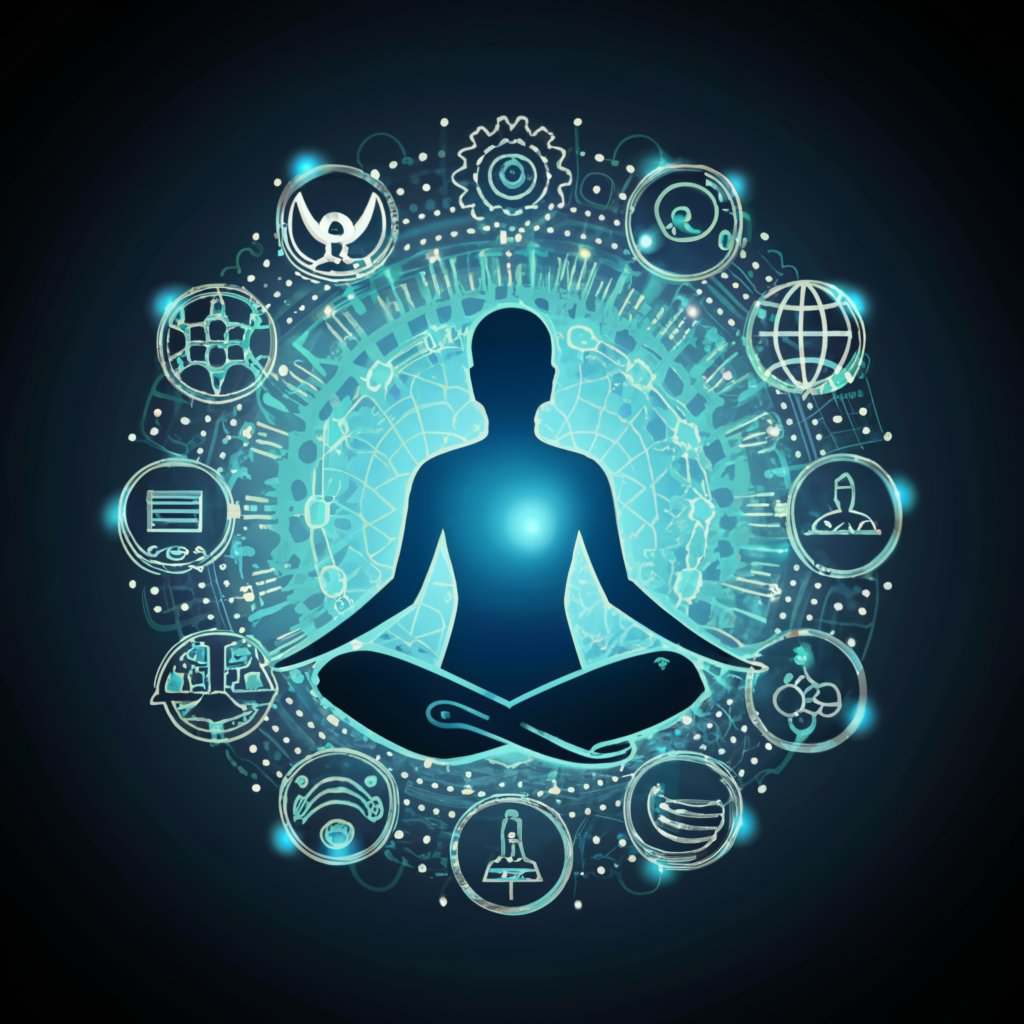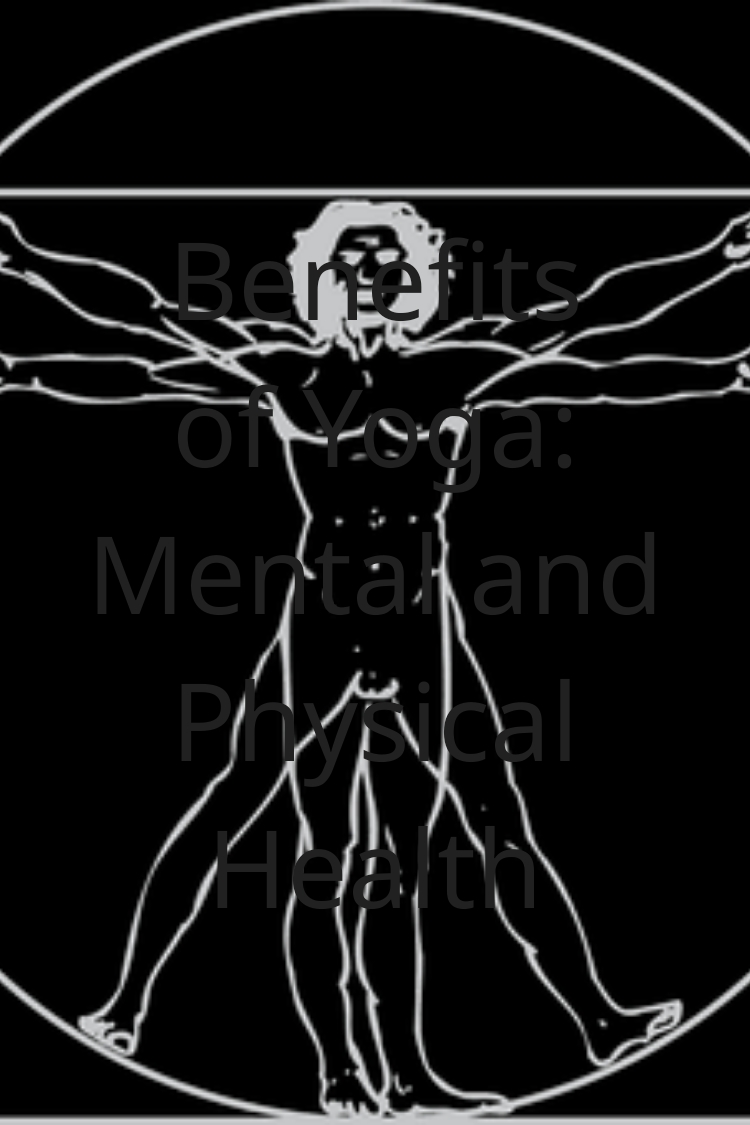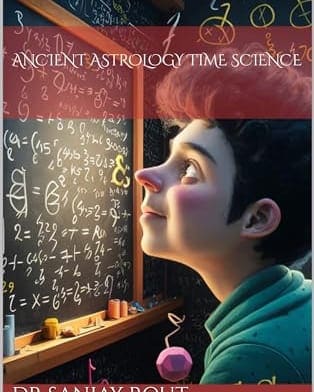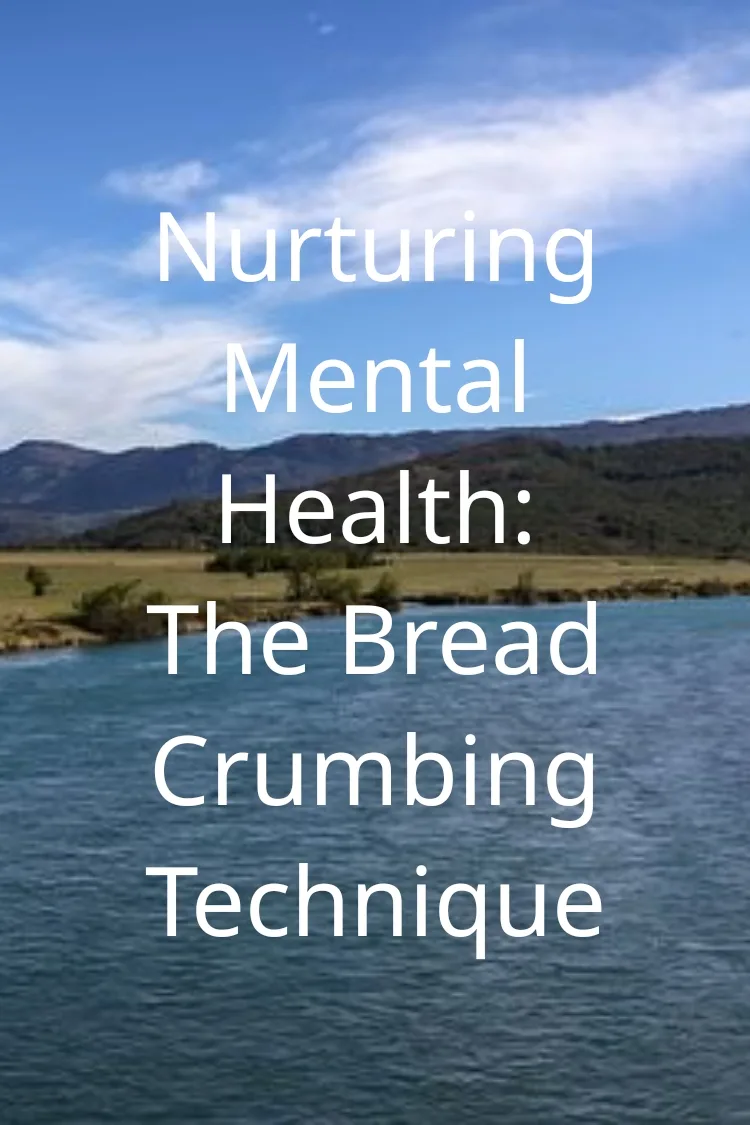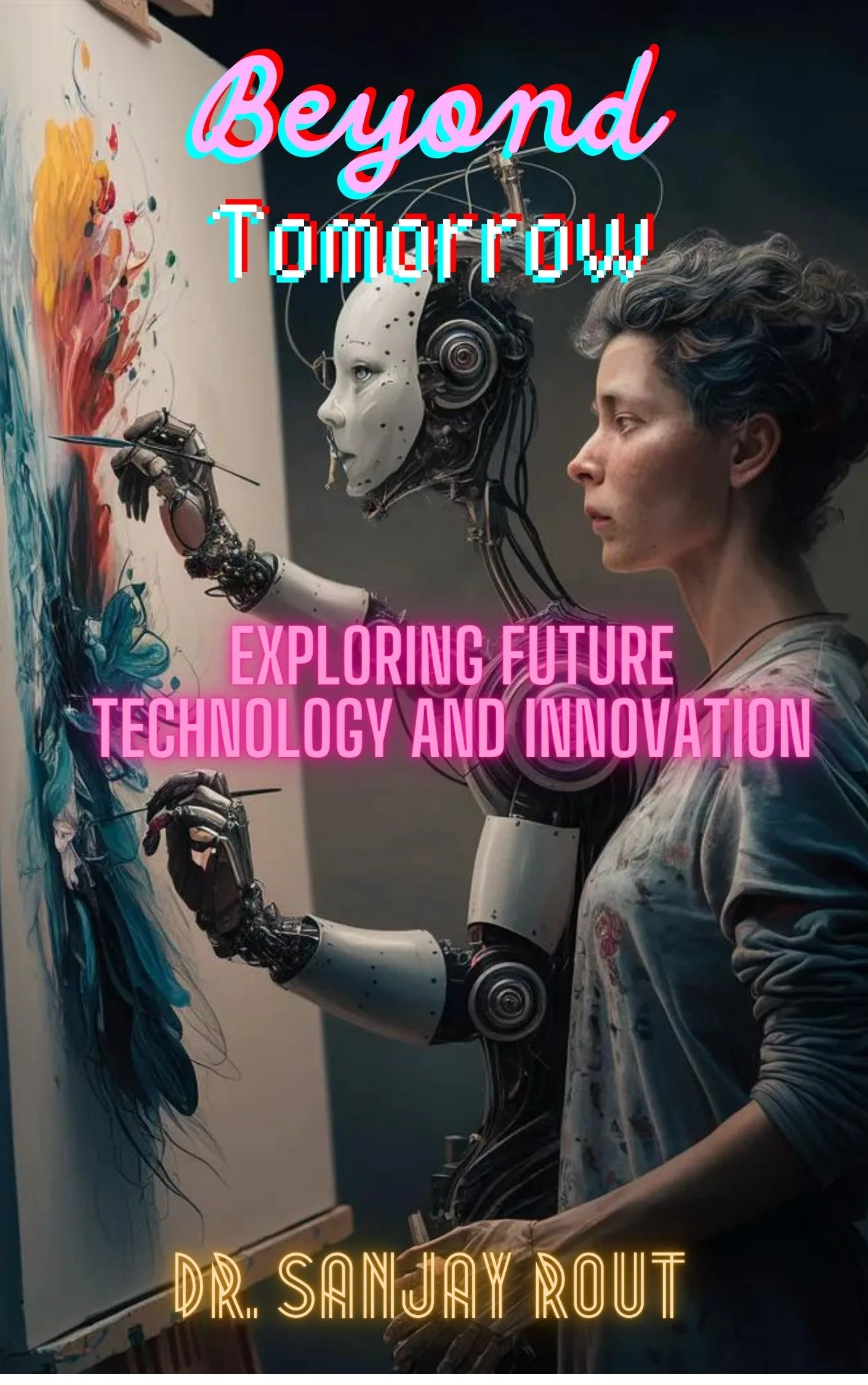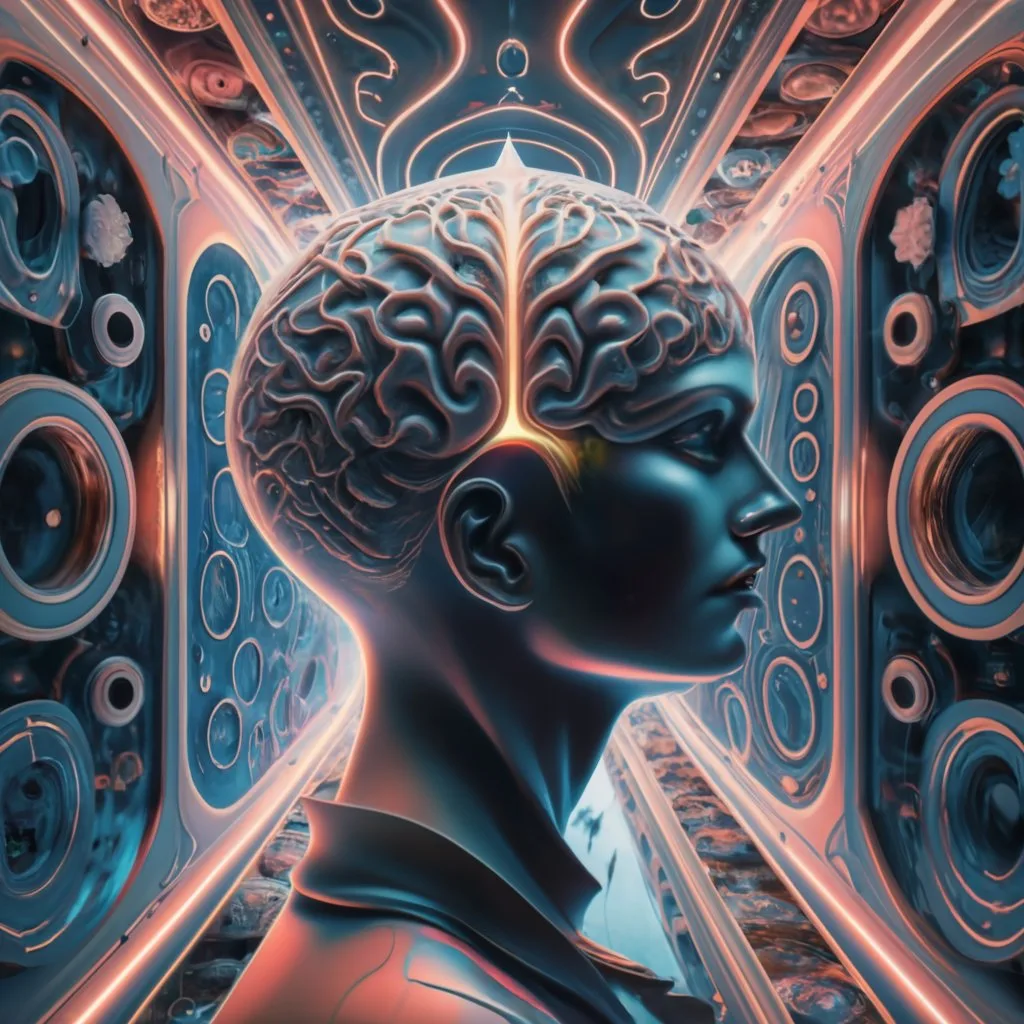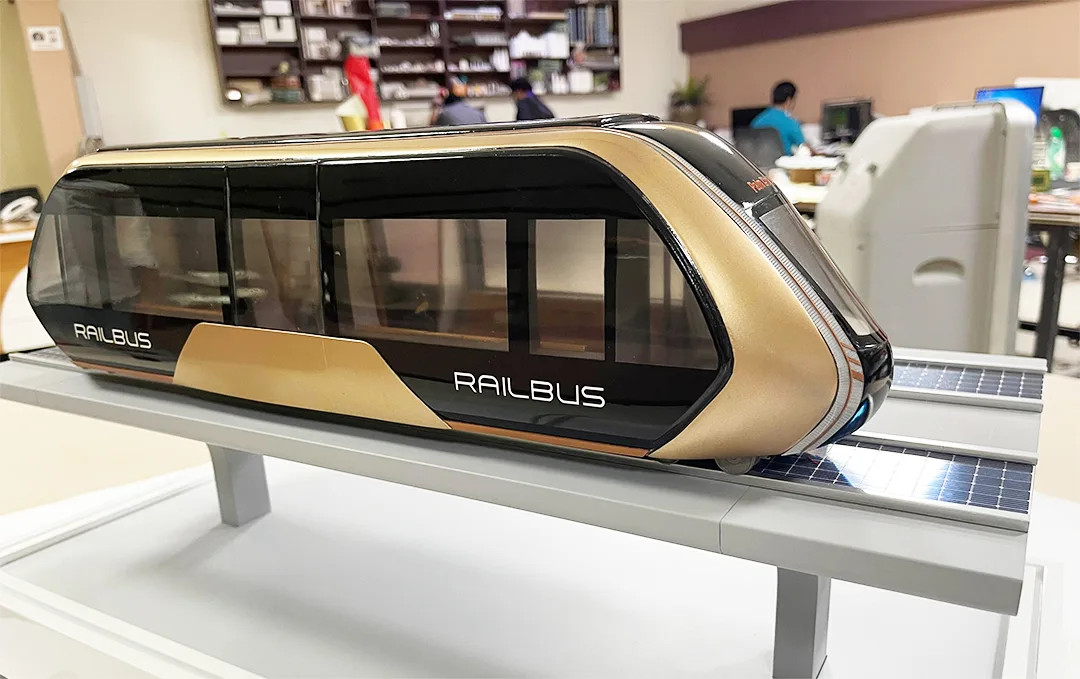Introduction
The current education system is facing various challenges, such as lack of engagement, insufficient individual attention, limited resources, outdated teaching methods, and growing stress among students. These issues are compromising the overall quality of education and creating an urgent need for a new approach to education that emphasises holistic and personalised learning. This essay will explore the four pillars of the new era of education, which include incorporating technology, meditation, personality development, and sustainability into the education system.
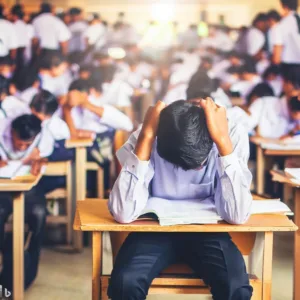
The Challenges Facing the Current Education System
The current education system is facing numerous challenges that need addressing. These include lack of resources, rigid curriculums, inadequate funding, outdated teaching methods, and a lack of engagement. Furthermore, students are increasingly suffering from stress and anxiety. All of these factors have led to a decline in overall educational outcomes.
The Need for a New Approach to Education
There is an urgent need for a new approach to education that incorporates holistic learning and personalized attention. Such a shift would enable students to develop critical thinking, foster creativity, and acquire skills necessary to survive in today’s highly competitive and constantly evolving world.
The Four Pillars of the New Era of Education
The new era of education will focus on four pillars, which include incorporating Technology, Personality development, Mindfulness and Sustainability (TPMS) into the education system.
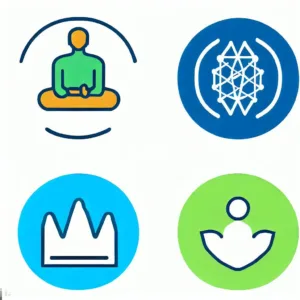
Incorporating Technology into Education
Technology can revolutionise education by enabling personalised learning, facilitating creativity, and providing access to a vast array of resources. The benefits of incorporating technology into education include:
- Increased engagement
- Personalized attention
- Wider access to resources
- Greater flexibility
- More efficient teaching
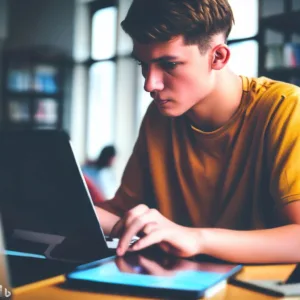
Applications of technology in education include virtual classrooms, e-learning, digital learning materials, and gamification. Overcoming challenges and limitations of technology in education can be achieved by addressing issues such as internet connectivity, accessibility, and ensuring that students are not distracted by the technology itself.
The Power of Mindfulness in Education
Mindfulness in education refers to the intentional cultivation of present-moment awareness, non-judgmental attention, and compassion in educational settings. It involves incorporating mindfulness practices and principles into the curriculum, classroom routines, and interactions between teachers, parents and students. It enhances students’ ability to learn by promoting mindfulness and reducing stress and anxiety levels. The benefits include:
- Improved concentration
- Enhanced emotional regulation
- Increased overall well-being
- Enhanced cognitive functioning
- Reduced disruptive behavior
- Increased resilience
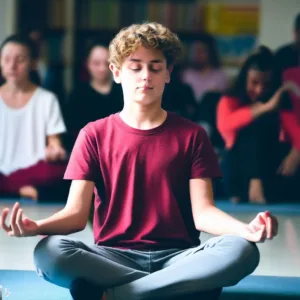
Practical ways to integrate meditation in the classroom include guided meditations, mindfulness activities, and movement-based meditations.
Personality Development in Education
Personality development refers to the process of developing positive character traits and social skills that enable individuals to become productive and responsible members of society. The importance of personality development in education includes:
- Improved social skills
- Enhanced self-awareness and emotional intelligence
- Greater resilience
- Increased motivation
- Greater interpersonal communication
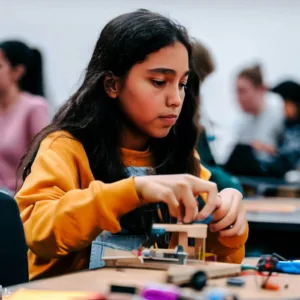
Methods for developing positive character traits include adopting a strengths-based approach, modeling positive behaviors, and developing intrinsic motivation. The role of educators in fostering personal growth and development in students includes encouraging a growth mindset and providing opportunities for meaningful learning experiences.
Sustainability and Education
Sustainability refers to the ability of individuals and societies to maintain themselves within ecological limits while balancing economic and social well-being. The need for sustainability in education is crucial to ensure that students are aware of environmental and social issues, and they are equipped with the skills necessary to lead sustainable lives. Teaching sustainable practices in the classroom can include adopting a project-based approach, experiential learning, and community-based learning.
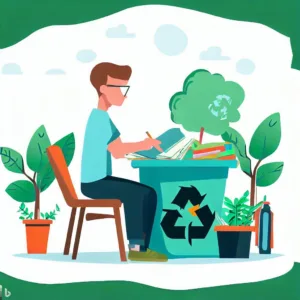
The Role of Educators in the New Era of Education
The role of educators is changing in this new era. They need to be equipped with the skills and knowledge necessary to thrive in the new era of education. Some of the skills and knowledge required include:
- Effective use of technology in the classroom
- Understanding of mindfulness practices
- Ability to foster positive character traits
- Understanding of environmental issues and sustainable practices
- Capacity to personalised learning
- Greater emphasis on collaboration and communication
The challenges and opportunities for educators in this new era include adapting to new technology, providing personalised attention to students, and balancing different needs and learning styles.
The Future of Education
The future of education is promising with the integration of the four pillars of new era education, which includes technology, meditation, personality development, and sustainability. The potential impact of these pillars may lead to a more equitable and inclusive education system, promote greater creativity and innovation, and provide students with the skills necessary to thrive in a rapidly changing world.
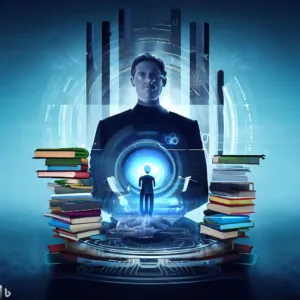
Conclusion
The new era of education focuses on incorporating technology, meditation, personality development, and sustainability into the education system. This shift can transform education, enhance overall educational outcomes, and promote personal growth and mitigating various societal issues. Educators must be equipped with the necessary skills and knowledge to successfully navigate this new era of education.
FAQs
- What is the new era of education? The new era of education involves a shift towards holistic, personalized, and engaging learning that incorporates technology, meditation, personality development, and sustainability.
- What challenges does the current education system face? The current education system faces various challenges such as lack of engagement, inadequate resources, outdated teaching methods, and growing stress among students.
- What is the role of technology in the new era of education? Technology can revolutionize education by enabling personalized learning, facilitating creativity, and providing access to a vast array of resources.
- How can meditation be incorporated into the classroom? Meditation can be incorporated into the classroom through guided meditations, mindfulness activities, and movement-based meditations.
- What is personality development and why is it important in education? Personality development is the process of developing positive character traits and social skills, enabling individuals to become productive and responsible members of society. It’s meaningful for enhancing interpersonal communication, self-awareness, and motivation.
- What is sustainable education, and why is it crucial? Sustainable education aims to equip students with knowledge, skills, and values necessary to lead sustainable lives. It is crucial to mitigate environmental and social issues while maintaining economic growth and well-being.
- What are the challenges and opportunities for educators in this new era? The challenges and opportunities for educators in this new era include adapting to new technology, providing personalized attention, and balancing different needs and learning preferences of students.
- What will the future of education look like? The future of education is promising with the integration of technology, meditation, personality development, and sustainability, leading to a more equitable and inclusive educational system that fosters creativity, innovation, and a deep commitment to lifelong learning.
#New #EducationModel #TPMS #Sustainability #Meditation #Technology #Personalitydevelopment #change #skilldevelopment



